About Chickenpox Virus
Chickenpox or Vermicelli is caused by the virus Vermicelli zoster. The course of the illness starts with a fever followed by a rash. The rash consists of red itchy spots that come in large number, even in hundreds, all over the body. The spots first fill with fluid, which later dries out leaving scabs. Chickenpox usually lasts from seven to ten days.
The virus that causes chickenpox spreads very easily and quickly through personal contact but also through air, if a person who has it sneezes or coughs.
Most adults have had chickenpox when they were children. It is estimated that approximately 90 percent of non-vaccinated children will get chickenpox by the time they turn twelve. A person can only get chickenpox once in their life but there is a possibility that the virus continues to be present in the body and becomes active later in life.
In most cases, children recover completely from the chickenpox. There are, however, some cases in which chickenpox causes complications, and this usually happens to very small babies, adults and persons whose immune system is weakened.
Complications and Treatment Options for Chickenpox
The complications or chickenpox may include bacterial infections of the skin, scars, pneumonia and encephalitis. Babies whose mothers had chickenpox during pregnancy are at risk of birth defect.
Very rarely, children who have chickenpox may have more risk of flesh-eating diseases.
The chickenpox vaccine is a live (attenuated) vaccine administered with by needle. It is considered to be very safe and effective and its side effects are mostly mild and short-lived.- In Australia, where the vaccine has been available since 1999 but only recently became publically funded (2005) data has indicated a 7% decline in varicella associated hospitalization between 2000 and 2007, which was even higher among children
- Active surveillance data from Canada has shown that hospitalization rates have decreased by 80–88% depending on the length of the universal vaccination program.
- In Germany varicella vaccination of all toddlers was implemented in 2004 while active surveillance was started in 2005. Sentinel data from April 2005 to March 2009 showed a reduction of 55% of varicella cases in all ages, 63% in the age group 0–4 years and 38% in 5–9 year olds.
- In Greece, data from a tertiary pediatric hospital in Metropolitan Athens indicated that the incidence of varicella associated ambulatory visits significantly decreased by 73.6% during the post-licensure period.
- Finally, data from Uruguay have shown that 6 years after the introduction of varicella vaccine in routine immunization at the age of 12 months, hospitalization rates and ambulatory visits were decreased by 81% and 87%, respectively.
Side Effects of Chickenpox Vaccine
One of the possible side effects of the chickenpox vaccine is a mild fever that may last a couple of days. It is a reaction to the vaccine. This happens in 15 percent of the people who receive the vaccine.
The other side effect that happens in six percent of the cases is a rash that looks like chickenpox and during week or two following the vaccination. The rash usually clears in five days.
Side effects of chickenpox vaccine are much milder and much less dangerous than the possible complications from chickenpox.
The vaccine is recommended for children that have more that 12 months and less that 13 years of age and for adults who have never had chickenpox.
However, people who have a history of allergic reactions to the vaccine or to its components, people whose immune system is weakened and pregnant women should consult a doctor before taking the vaccine as they might not be eligible for it.


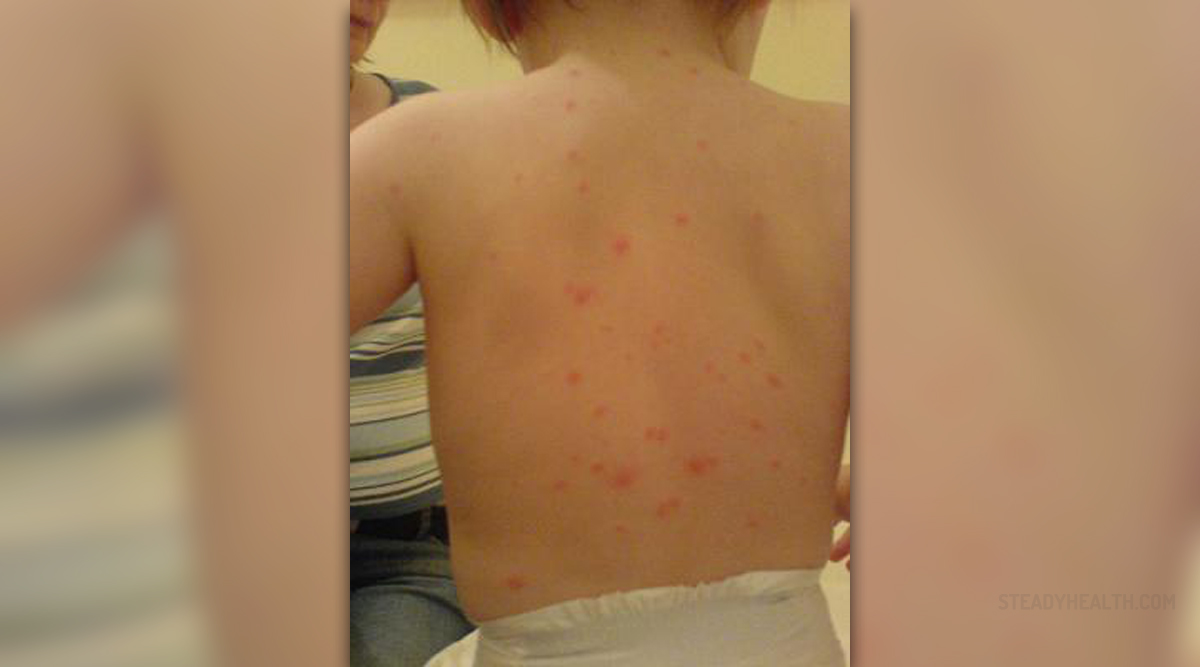
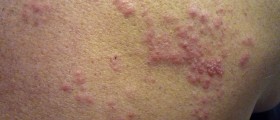
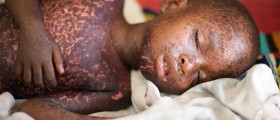


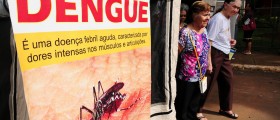
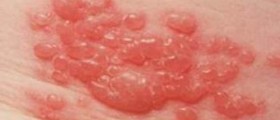



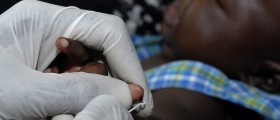



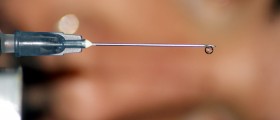
Your thoughts on this
Loading...